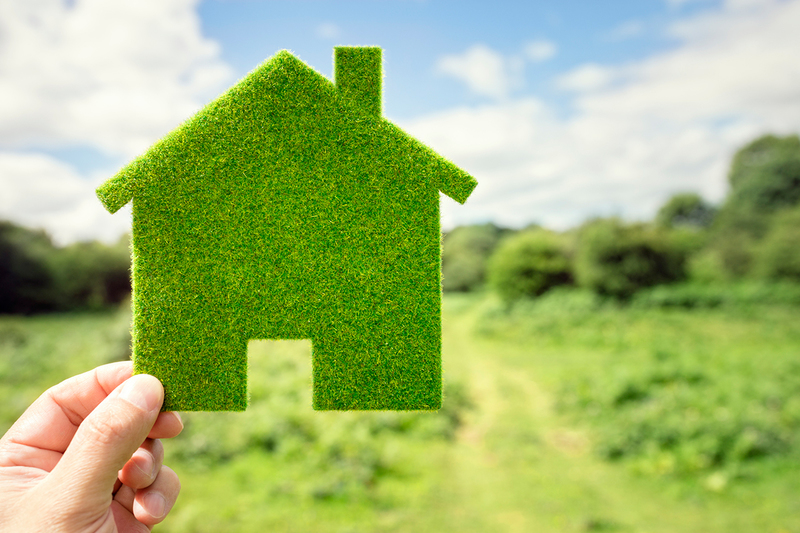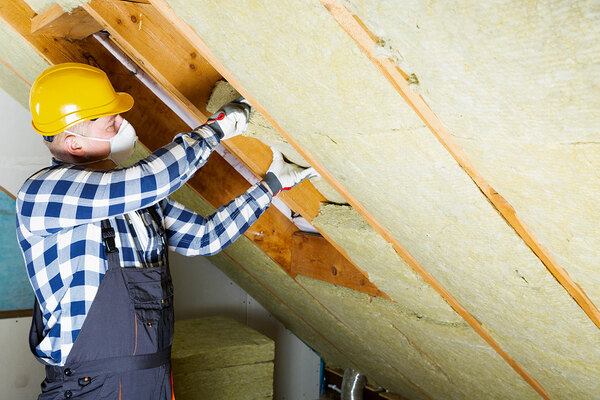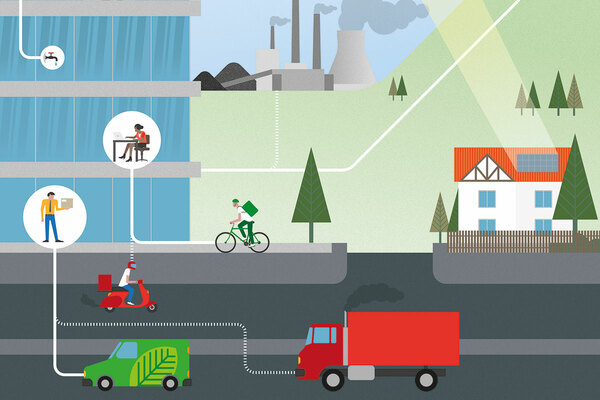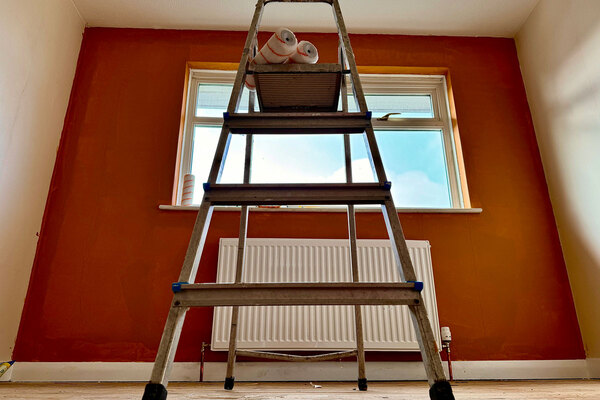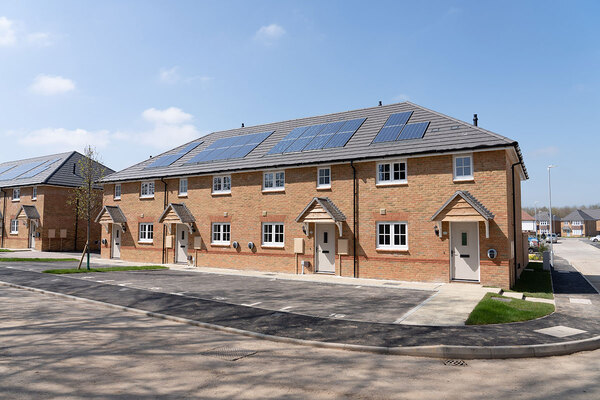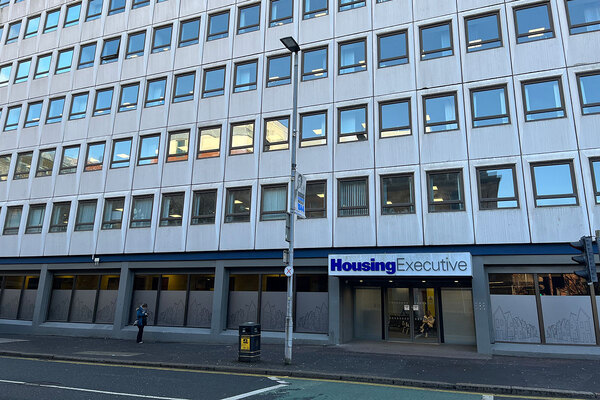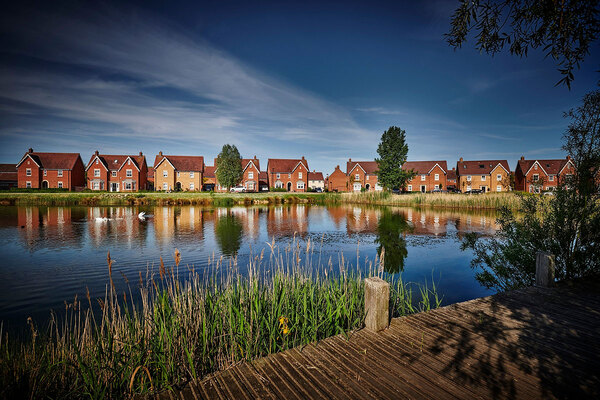You are viewing 1 of your 1 free articles
Sustainability isn’t an impossible dream – here’s how we’ll drive towards carbon neutrality for all our homes
Raven’s current carbon footprint is 15,500 tonnes of CO2 per year – but it has plans to deliver carbon neutrality across its entire stock ahead of government deadlines. It’s a massive mission but by working together the housing sector can speed the route to zero carbon, writes Jo Hills
It is now six months since the government passed its zero-carbon law, requiring the UK to bring all greenhouse gas emissions to net zero by 2050.
This has significant implications for every householder.
However, for registered housing providers the challenge is huge – playing our part in tackling climate change with each of our properties while aiming to modify the behaviour of tenants and continuing to operate a financially sustainable business.
Raven Housing Trust has wasted no time in facing up to this issue. It has already begun to look closely at the cost and impact of transforming its properties – around 7,000 in London, Surrey and Sussex – to achieve carbon neutrality before 2050 and has set an interim energy efficiency target of 2030.
Our current carbon footprint is 15,500 tonnes of CO2 per year, with 77% of this coming from heating and lighting our homes and a further 21% from energy used in homes for appliances and cooking.
As far as our management operations are concerned, the impact is already relatively minimal. Transport accounts for 0.2%; office energy 0.5%; and staff commuting 0.8%.
So, it is our existing homes – 73% of which are half a century old – which present us with by far the biggest challenge. We are in the process of developing deep retrofit plans before embarking on pilot projects and have begun to examine the technologies currently available. We are planning to use combinations of the following:
- Improved fabric energy efficiency from insulation
- Heat pumps
- Mechanical ventilation with heat recovery
- Solar PV and thermal
- Green electricity
- Battery storage
Energiesprong
We are investigating the Energiesprong whole house refurbishment system which provides a ‘wrap-around’ insulation, replacing windows and doors to ensure the property is airtight.
The Energiesprong standard guarantees the energy efficiency of a house and enables us to monitor real-life, real-time performance, so we can calculate costs accurately and make further improvement.
Retrofits should take fewer than 10 days, no decant is required and it can be used on whole terraces of houses.
We will undertake further studies and pilots, on this and other systems and technologies, over the next two years, more extensive pilots in three to 10 years’ time and full wide-scale retrofits from 2030-2050.
External wall insulation
It is difficult to improve the energy efficiency of homes with solid walls. Last year Raven ran a pilot external wall insulation project using technology developed by Mauer. This used an innovative laser scanning technique to produce an offsite design which enabled installation in five days, eliminating all wet trades on site, and creating a 12-month window of opportunity to install as it was not weather dependent.
The end product is brick or pebbledash so not a problem for planning and it was 40% cheaper to supply and install than conventional systems, with a guide cost of approximately £6,000 per three-bedroom house instead of £10,000.
Financing the plan
Raven is investigating the potential for mechanisms to finance a retrofit by combining savings on tenant energy costs and on the ongoing costs of repairs and maintenance that would not be required due to the retrofit measures. Some savings would be passed on to tenants but they could also contribute some of the savings on their bills to an ‘energy service plan’ payment that helps pay for the retrofit, ensuring a guaranteed indoor temperature, plus hot water and a power bundle for light and appliances.
New build
With new build homes, we are also evaluating different approaches, such as ground source heat pumps, and are about to begin pilots, installation of which will begin before the summer. We will also take a strong position on bidding on Section 106 homes where we would not be able to influence high carbon standards. We do not wish to continue to develop or acquire new homes that will be a retrofit problem in the future.
Low-carbon heating systems such as heat pumps will replace gas boilers in all new homes by 2025. We intend to be ahead of the game by doing this before the requirement commences.
Operations
Although the carbon impact from our business operations is relatively small, actions, such as a sustainable transport strategy for staff and an operational transport study are planned. We are about to add electric vans to our fleet, are installing electric charging points, are undertaking a full review of the heating and cooling systems in the office and are replacing all bulbs with LED fittings.
Working together
Finally, and importantly, we are establishing networks with other housing association and supply chain partners so that we can work together – sharing experience and expertise to speed our collective route to our zero-carbon goal.
Jo Hills, director of assets and services, Raven Housing Trust
Sign up for our asset management newsletter
Already have an account? Click here to manage your newsletters

